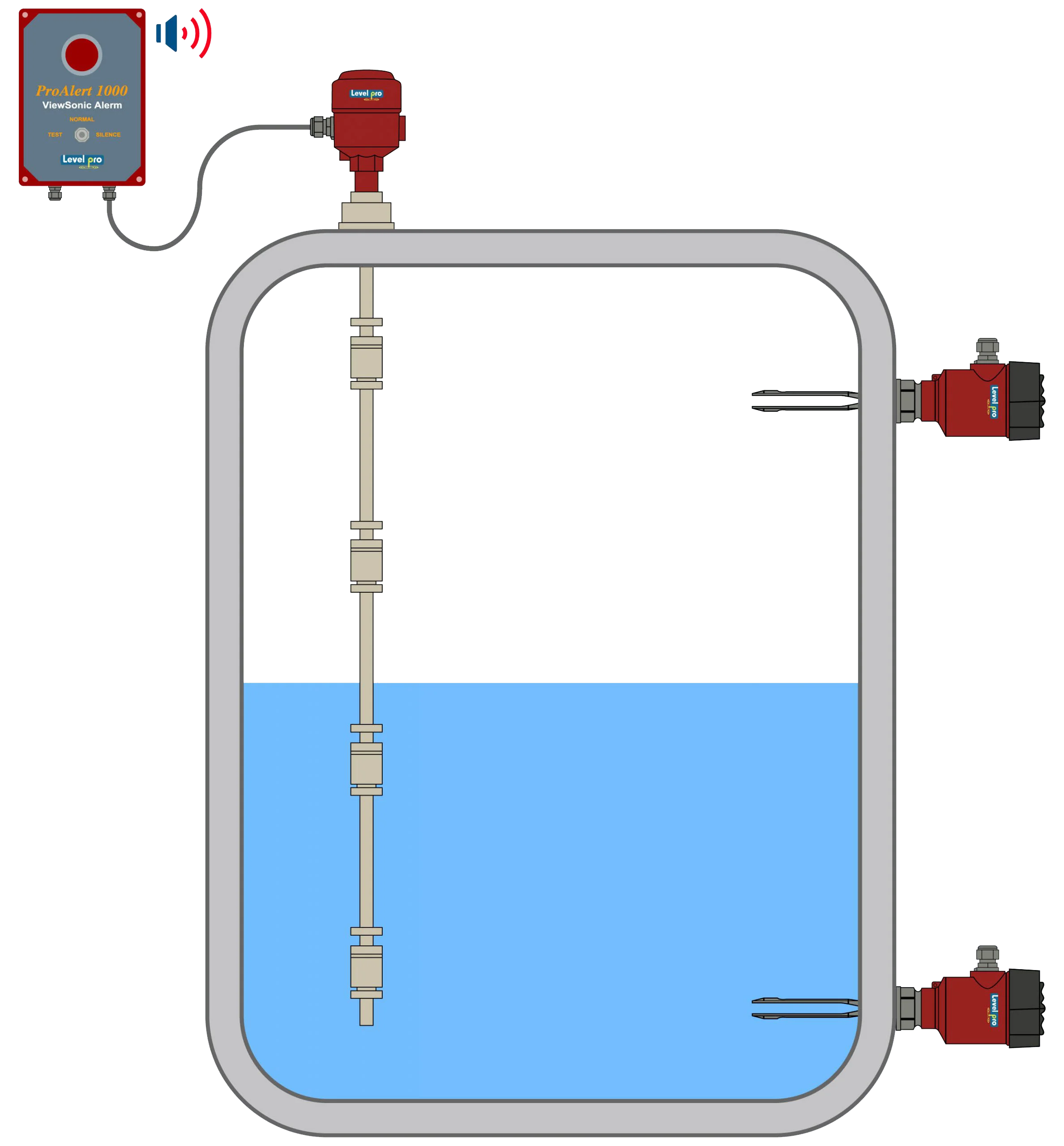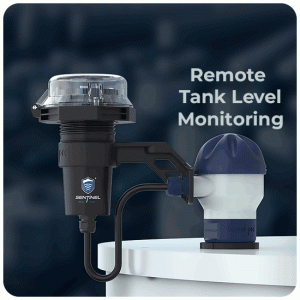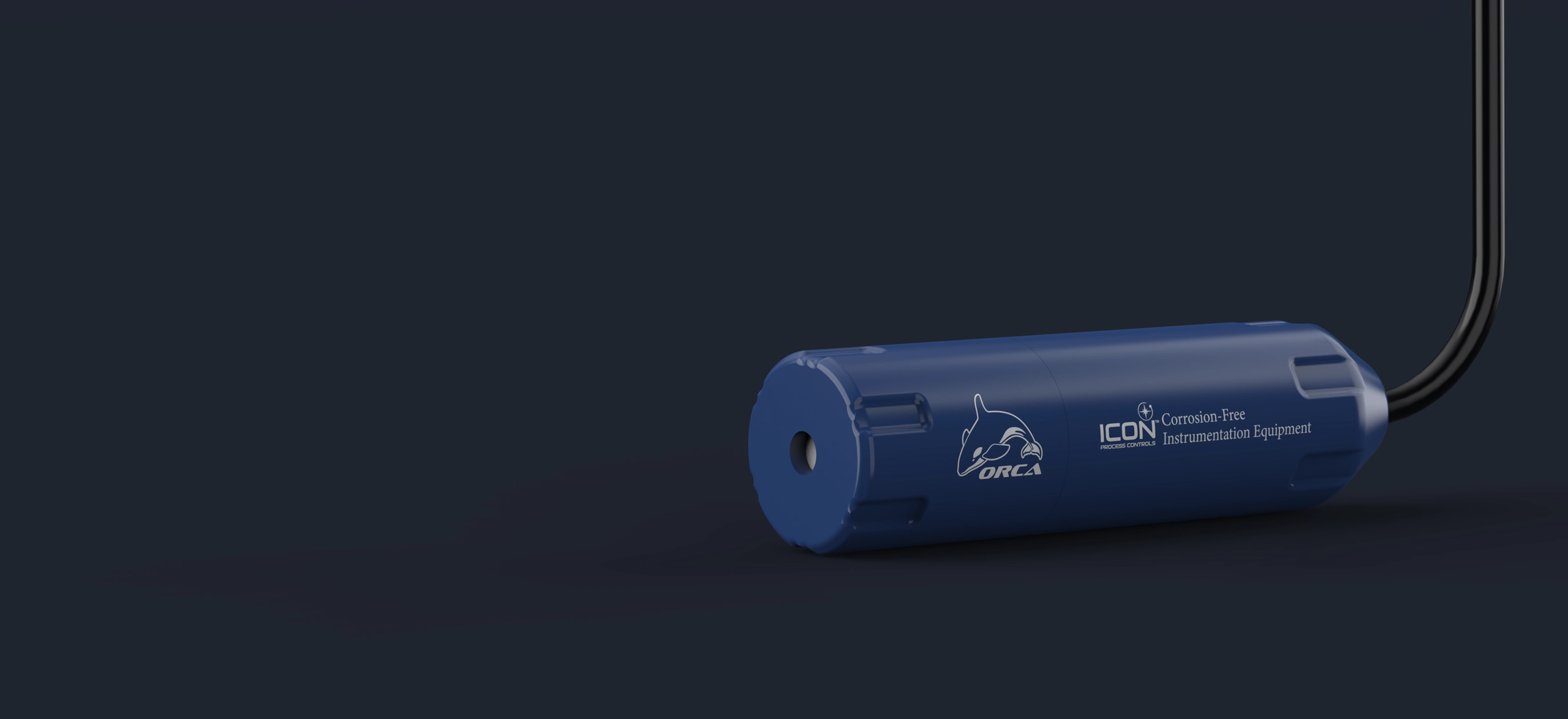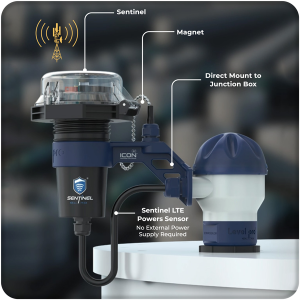Tank Level Alarm Selection-What to Know

Selecting the most suitable tank high level alarm is an important decision that requires careful consideration of several factors. The right alarm will ensure that your tank does not overflow and will protect the environment and the equipment from any potential hazards. Below are some key considerations to keep in mind when selecting the most suitable tank high level alarm:
- Compatibility: The first and most important factor to consider when selecting a tank high level alarm is compatibility. Make sure the alarm is compatible with the type of tank and liquid you will be using it with. For example, if you are using a tank to store a flammable liquid, you should choose an alarm that is specifically designed for use with flammable liquids.
- Alarm Type: Decide whether you want a visual or audible alarm, or both. Visual alarms typically consist of a flashing light or LED display, while audible alarms emit a loud sound or alarm. Some alarms offer both visual and audible alarms, allowing you to choose the best option for your specific application.
- Sensitivity: The sensitivity of the alarm is also an important factor to consider. Choose an alarm that allows you to adjust the sensitivity to ensure accurate monitoring. Some alarms also come with a feature that allows you to set a specific high-level alarm point.
- Installation: Consider the ease of installation and any necessary equipment or tools. Look for alarms that are easy to install and require minimal equipment or tools. Some alarms can be installed without the need for drilling or cutting, making the process much easier.
- Power source: Determine whether the alarm requires a hardwired connection or runs on batteries. Battery-powered alarms are typically more portable and can be used in locations where power is not readily available.
- Safety compliance: Confirm that the alarm is compliant with local and national safety regulations.
- Additional features: Look for additional features such as remote monitoring, data logging, or alarm history. Remote monitoring allows you to monitor the tank level remotely, while data logging and alarm history features allow you to keep track of past alarms and the information about the tank level over time.
In conclusion, selecting the most suitable tank high level alarm is an important decision that requires careful consideration of several factors. Make sure the alarm is compatible with the type of tank and liquid you will be using it with, consider the type of alarm, sensitivity, ease of installation, power source, safety compliance and additional features when making your decision.
Learn more about tank level sensors
Learn more about tank level alarms
Please contact us to discuss your application


